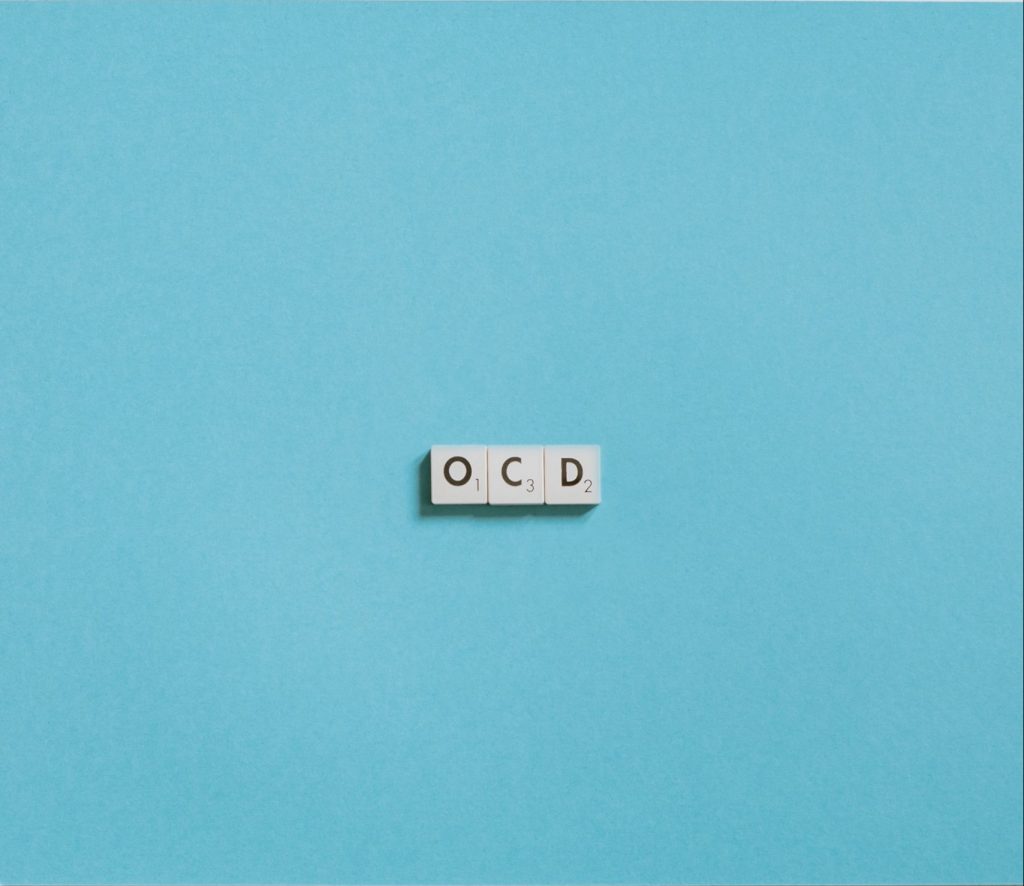Obsessive Compulsive Disorder
If you have OCD you will experience frequent unwanted thoughts, urges, or images that result in you acting out a behaviour or thought. This pattern will feel uncontrollable.
What is OCD?
Obsessive compulsive disorder (OCD) is an anxiety disorder, characterised by obsessive thoughts and compulsive behaviours.
If you have OCD you will experience frequent unwanted thoughts, urges, or images that feel uncontrollable. To reduce the anxiety and distress this experience causes, you feel you need to carry out compulsive, repetitive behaviours or mental thoughts.
For example, you may wish to wash your hands because you feel they are dirty, becoming anxious that it must be done (the obsessive thought). To reduce this anxiety, you washing your hands (the compulsion).

What are the causes of OCD?
There are many known causes of OCD and a range of models that can be used to understand its development. In many cases of OCD, there are a number of contributing factors that can lead to its development.
Negative life experiences may contribute to the development of OCD, including physical illness, loss of a loved one, war experience, overprotection, physical, sexual, and emotional abuse, and other traumas. If these experiences are left emotionally unresolved, this can often lead to mental ill health.
OCD can also be linked with other mental health issues, including depression, other anxiety disorders, eating disorders, body dysmorphic disorder, and substance misuse. This supports the idea that OCD can be connected to underlying issues and past experiences.
Environmental factors may also enhance an existing anxiety problem such as poor social support and stress.
What helps with OCD?
Research suggests that the best approach to treatment for OCD is almost always psychology based. Anti-anxiety medication can ease symptoms in some cases, but some suggest that they do not alleviate the problem and are therefore not an effective treatment exclusively.
Treatment for OCD has a high success rate and there are many evidence-based treatments available. Many people benefit from one or a combination of these approaches:
- Cognitive behavioural therapy
- Exposure-response therapy
- Mindfulness and learning relaxation techniques
- Family therapy
- Pharmacological approaches can also be used to alleviate symptoms of OCD, such as anti-anxiety medication.

